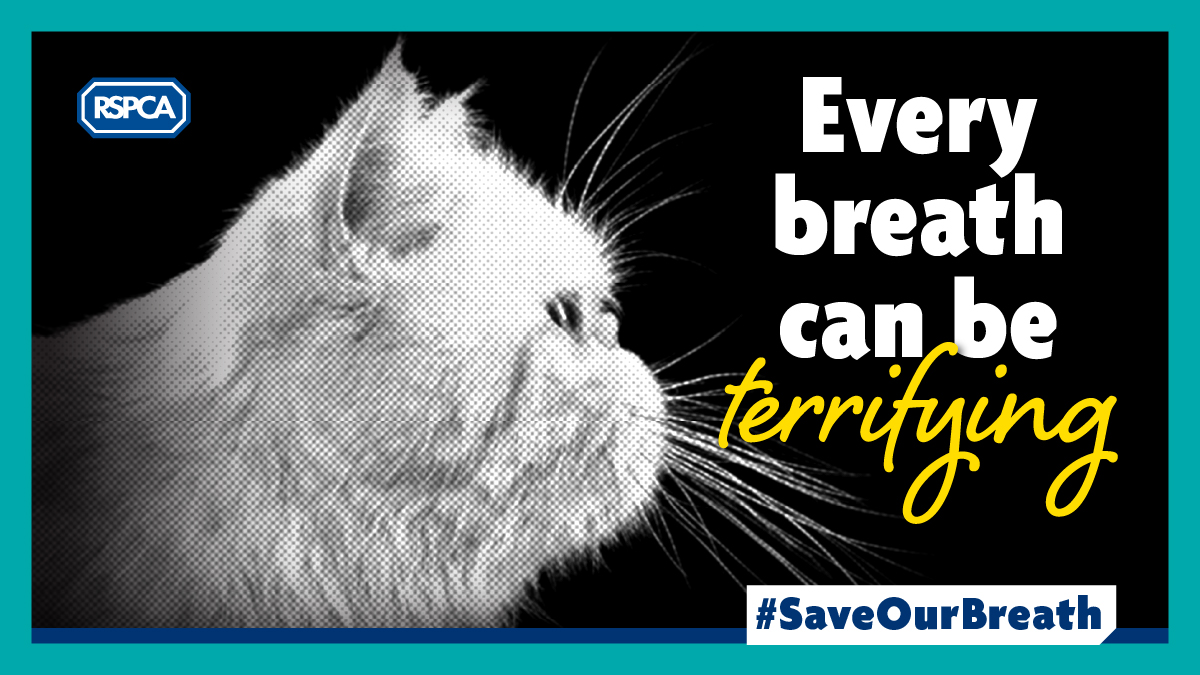
IN RECENT years, there has been a surge in the popularity of ‘flat-faced’ cats, primarily due to their frequent appearances on social media platforms and advertisements. These cats, with their endearing squashed faces, may look adorable to many, but the RSPCA has brought to light the grim reality behind this trend.
Shocking new statistics from the RSPCA reveal a staggering 92% increase in the number of Persian cats entering the charity’s care from 2018 to 2022. Now, these flat-faced felines stand as the most common pedigree breed under the RSPCA’s protection.
Brachycephaly is the term for the short-muzzle condition seen in Persans, British Shorthairs, Himalayan cats, Exotic Shorthairs, and, to a lesser extent, Birmans. This genetic trait, while considered ‘cute’ by many, leads to a host of health problems. These cats often grapple with breathing issues, recurrent eye problems, grooming challenges, and even complications during childbirth.
Supporting the RSPCA’s data, the Governing Council of the Cat Fancy (GCCF) suggests that British Shorthair breeds have seen a 66% increase in registrations over the last decade. As of 2021, Persians alone accounted for roughly 2% of the UK’s cat population, translating to about 216,000 cats.
Alice Potter, an RSPCA cat welfare expert, paints a somber picture: “While many adore these cats and provide loving homes, breeding them for features that jeopardize their basic health and welfare is inhumane. The daily struggle these cats face, from basic activities like eating and playing, can be extremely debilitating.”
The RSPCA has thus initiated its “Save Our Breath” campaign, designed to heighten awareness of the challenges flat-faced cats encounter.

Highlighting the gravity of the situation, the story of Darius, a cat abandoned in Cambridgeshire, stands out. When found, Darius was severely malnourished, with matted fur, and faced significant difficulty breathing. Upon veterinary assessment, it was discerned that Darius’ minuscule nostrils were the root cause of his breathing woes.
Janine Barber, rehoming coordinator at RSPCA Cambridge and District Branch, recounts Darius’ journey, emphasising his persistent health issues and restricted activity levels. Despite his challenges, Darius remains a vivacious and affectionate feline.
Similarly, the stories of Molly and Heathcliff, two Persian cats under the care of RSPCA Gonsal Farm Animal Centre, underscore the repercussions of prioritising aesthetics over health in breeding.
While Molly’s raspy breathing and recurrent eye issues necessitate specialised care, Heathcliff, despite his age, faces daily challenges with eating and requires regular eye cleaning.
The RSPCA fervently advocates for a shift in breeding priorities, emphasising health and welfare over mere appearance. The organisation urges the public to take action by contacting their MPs, initiating vital dialogues to safeguard these breeds.
For those keen on supporting the cause or seeking more information, visit the RSPCA’s “Save Our Breath” campaign at https://www.rspca.org.uk/getinvolved/campaign/saveourbreath.

